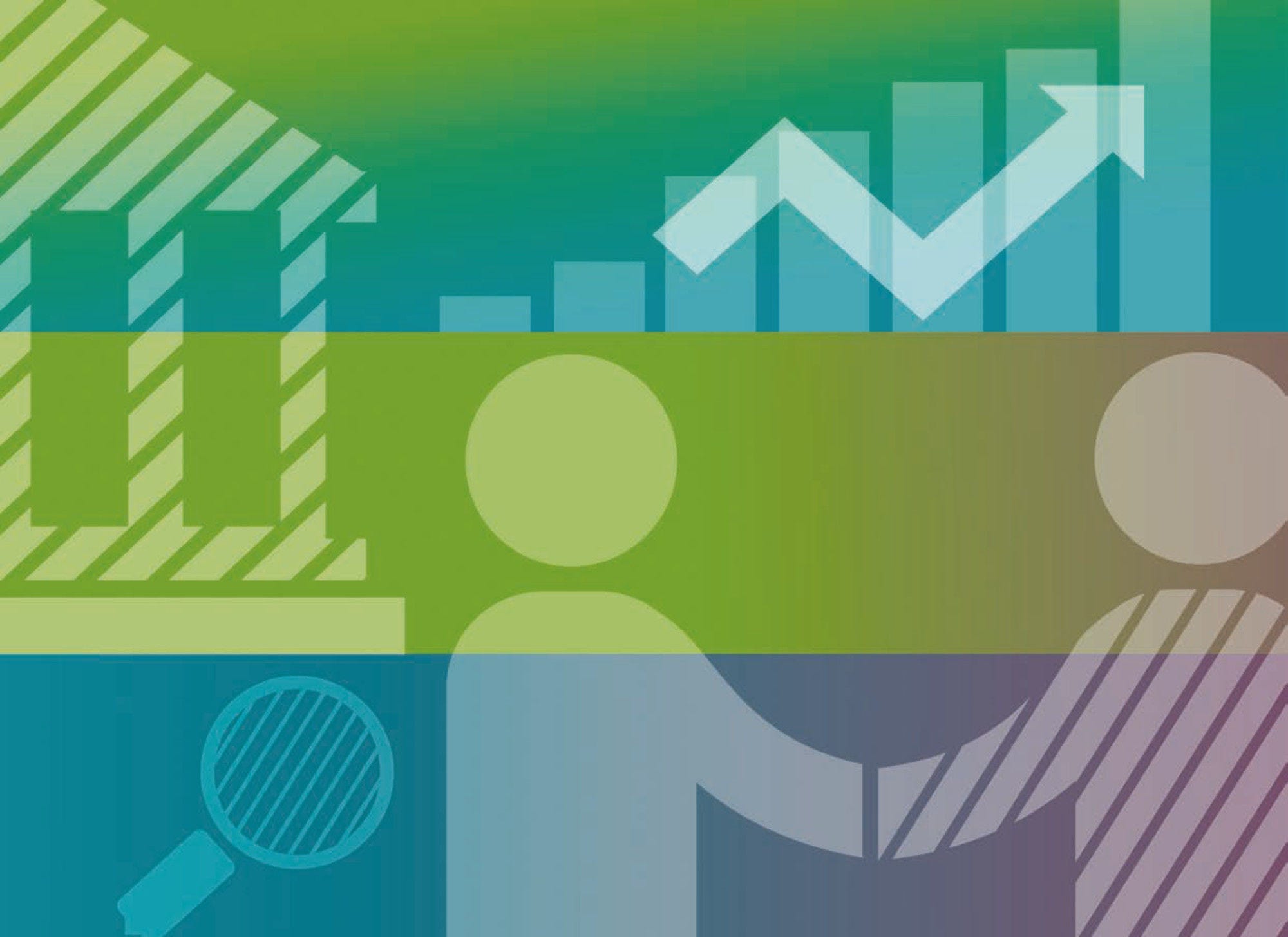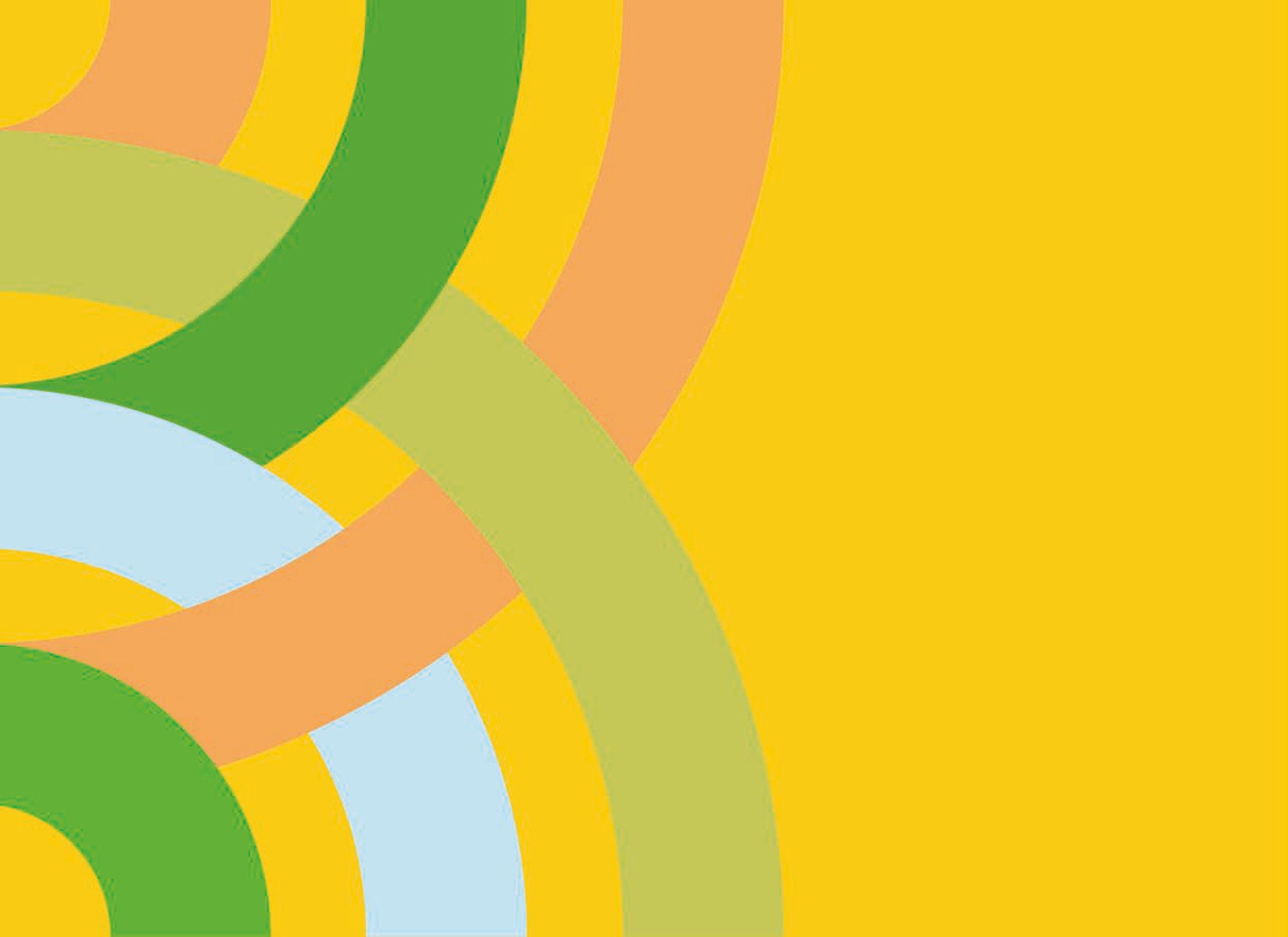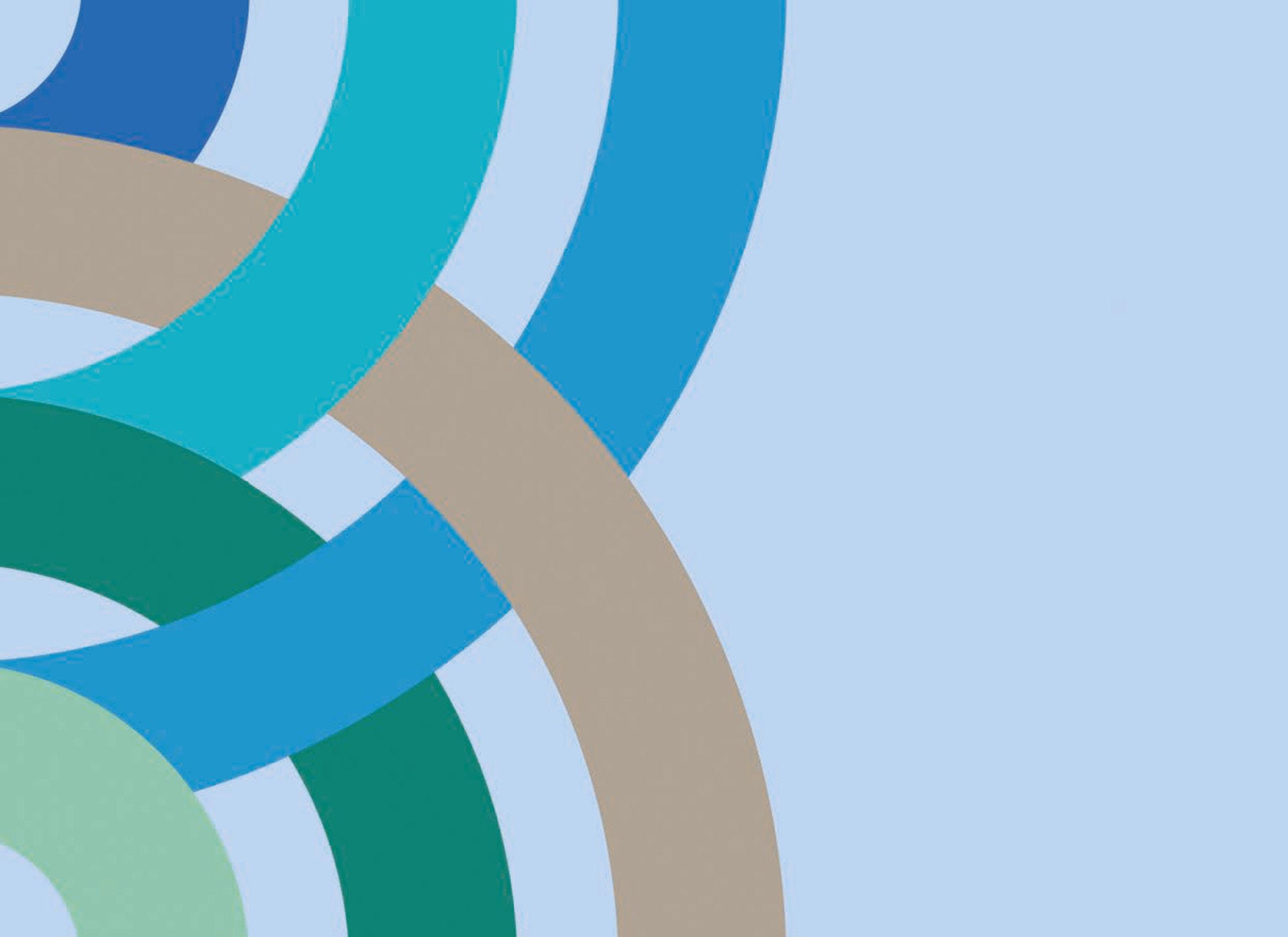The 2021 peer review of Denmark, conducted by Austria and Finland, considers Denmark’s commitments, achievements and opportunities in four areas: climate action, working across the humanitarian-development-peace agendas, Doing Development Differently, and embedding poverty, rights and the leave no one behind principle. A number of systemic issues relating to these four areas are considered in this report. Additional information on Denmark’s policies, institutional arrangements, finance and management systems is included in a snapshot of Denmark’s development co-operation and the Development Co‑operation Profile of Denmark. In addition to presenting a set of DAC recommendations for Denmark, this report assesses implementation of the 2016 peer review recommendations: The review finds that Denmark has taken steps to address all of the DAC’s recommendations, with 7 of the 18 recommendations now fully implemented.
Denmark remains committed to development co‑operation and sees its international development partnerships and engagements as fully integrated into its foreign and security policy, contributing to its foreign and domestic interests at the same time. A combined development and humanitarian strategy for 2017-21, The World 2030, has cross-party support, as does its stable and significant official development assistance (ODA) budget, which has remained at or above 0.7% of Denmark’s national income since 1978.
Responsibility for managing Denmark’s ODA sits squarely with the Ministry of Foreign Affairs (MFA), which is helpful to ensure both coherence across the government and consistency in assessing the quality and eligibility of ODA-funded programmes. Denmark’s approach to achieving the Sustainable Development Goals has evolved since the last review, with formal mechanisms for co-ordination across the government now in place. There is increased understanding of how domestic policies, particularly trade and migration, affect developing countries. Denmark’s policy of reducing irregular migration has shaped ODA allocations with positive and negative consequences.
Denmark works well with other development co-operation actors, funding joint initiatives, tapping into a range of perspectives, and creating alliances to influence policies and programmes. The MFA’s commitment to transparency, learning, reflection and partnership is widely appreciated. Denmark’s readiness to provide core funding and use partner systems empowers its partners and gives them significant scope to shape their approaches. Denmark balances this commitment to partnership with a commitment to advocacy. It is vocal and willing to challenge its partners and authorities in its partner countries, drawing on evidence. In keeping with Denmark’s global profile, the MFA invests significant resources in influencing multilateral institutions and debates.
Climate change and irregular migration have shaped Denmark’s approach to development co-operation over this review period, reflecting political attention to these issues. Denmark’s geographical focus has shifted to the Sahel and the Horn of Africa, with a decreasing presence in Southern Africa and Asia. This change in Denmark’s geographical and thematic focus is linked to an increased focus on fragile contexts, including through implementation of the humanitarian-development-peace nexus.
Denmark has pioneered ambitious climate change policies, building on political leadership and a commitment to review and learning. Climate action has only recently become a central priority within the development co‑operation portfolio. Denmark has had a strategic focus more on climate change mitigation than on adaptation and is working to rebalance this focus. Denmark could do more to mainstream climate objectives into its existing initiatives and to report its international climate finance clearly. In addition to funding, Denmark has invested heavily in climate diplomacy with multilateral organisations and emerging economies. The development of new technological solutions by the Danish private sector in areas such as wind energy and shipping will be transformative for developing countries in the medium to long run.
Denmark is seen as a global leader in fragile contexts and was an early champion of efforts to link longer-term development partnerships with humanitarian action. Recognising the need for a mix of development, humanitarian and peace engagements and the importance of linking these where relevant, Denmark has developed a range of mechanisms across the government to provide multi-annual, predictable funding. The Peace and Stabilisation Fund combining ODA and non-ODA resources is one of Denmark’s main mechanisms for implementing the peace aspect of the nexus. It has enabled Denmark to apply a co‑ordinated model for governance and programming across the nexus with relevant ministries. Support for conflict prevention has steadily increased over the past decade. Progress to date provides a solid foundation for Denmark to develop a consistent approach across the government and country offices and to capture learning for itself and others. There are opportunities to use nexus approaches more consistently across and beyond the Danish system.
Enabled by flexible budgets, decentralised missions and trust-based partnerships, Denmark has introduced a series of reforms and guidance under a Doing Development Differently (DDD) approach to enable its programmes and partnerships to be more agile, responsive and co-ordinated. New planning frameworks for Burkina Faso and Kenya, for example, set out a strategic direction and indicative budget while leaving country teams space to adapt programming decisions as appropriate. Solid country analysis and feedback loops across the Danish system underpin these reforms, with new annual portfolio reviews and contact groups playing a key role. Ongoing monitoring, learning and technical expertise will be key to course correction in programmes and portfolios. The approach is well designed and holds significant potential for Denmark to increase its effectiveness. At this early stage, however, it is resource intensive. Continuing to review and monitor the DDD approach, with learning seen as an outcome in itself, will help staff decide where to place most effort and help managers to refine the approach as it is rolled out.
Denmark has a solid record as a champion of gender equality and women’s rights, defence of democracy, and advancing human rights. Its approach to poverty reduction and the leave no one behind principle is less clearly articulated than it was in the past. A tendency to assume a positive impact on poverty levels or inclusion could be addressed with a specific policy statement, combined with clear guidance and consistent monitoring to understand how the benefits and risks of different interventions are distributed. With careful design, Denmark’s increasing focus on climate action and on creating jobs and developing skills in fragile contexts could make a lasting contribution to reducing poverty and social inclusion.
Denmark’s ambitions to be a global leader and influencer, to learn from its programmes, and to be an adaptive and responsive partner all rely on adequate staffing and skills. Moreover, the increasing focus on climate change and working in fragile contexts calls for new skills and expertise. The MFA is restoring staff numbers, mapping skills and testing alternatives to in-house expertise such as third party monitoring. But the ministry is still challenged to provide the quality assurance and challenge function needed to shape and adapt its policies, programmes and portfolios.
Denmark’s next development co-operation strategy, expected in 2021, provides an opportunity to reinforce the role of development co-operation in supporting Denmark’s longer-term interests. Presenting Denmark’s focus on climate change, irregular migration, fragile contexts, and a commitment to reducing poverty and advancing human rights as a single, agenda, albeit a complex one, would give Denmark a strong framework for decision making and counter the current perception that these are competing priorities.












